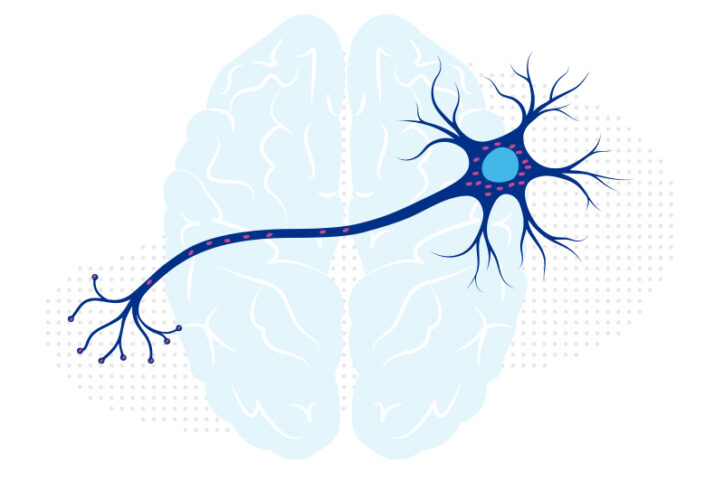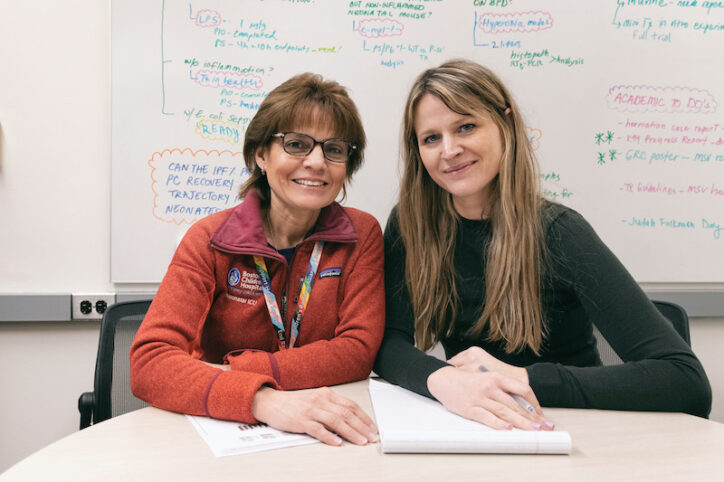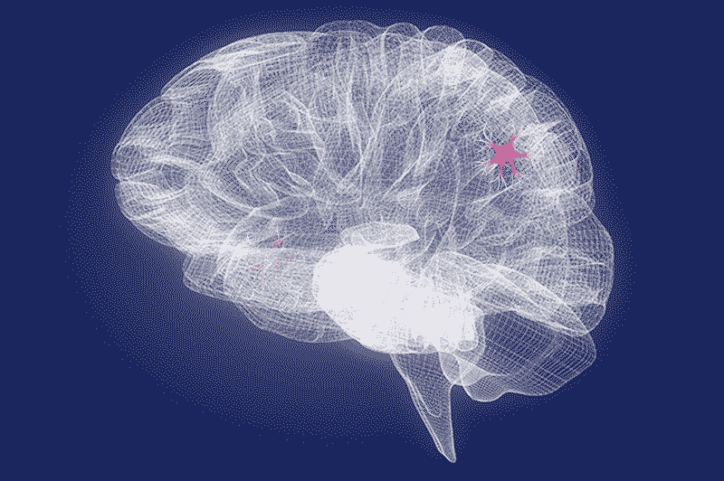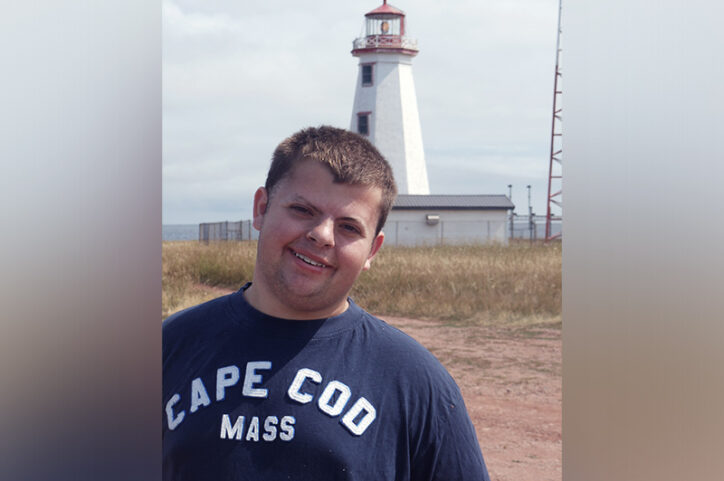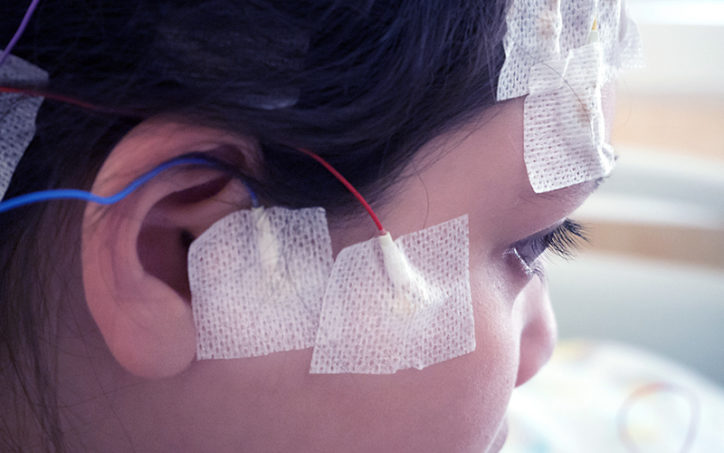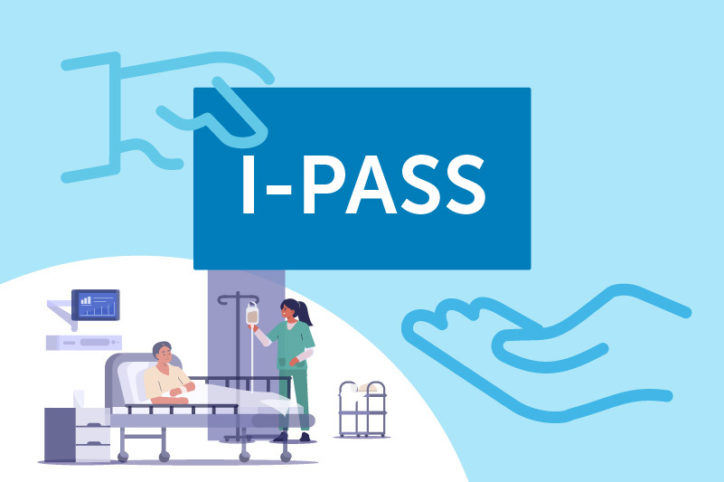Archive for Nancy Fliesler
A promising target for ALS and other neurodegenerative disorders: Curbing inflammation
When cells recognize a danger, such as an infection, they activate the innate immune system. Sentinel molecules sound an alarm, recruiting immune cells to take down the threat. In 2016, Judy Lieberman, MD, PhD and her colleagues at Boston Children’s Hospital showed that a protein called gasdermin D initiates a final, decisive step: pyroptosis, a ... Read More about A promising target for ALS and other neurodegenerative disorders: Curbing inflammation
Tagged: immunology, neuroinflammation, neurology, neuroscience
Why do so many dementia treatments fail? Questioning mouse models of tau accumulation
To date, the search for effective treatments for dementia has yielded only disappointments. Many recent drug candidates target the tau protein, which aggregates and forms tangles in patients’ brain tissue and is involved in 75 percent of all dementias. While tau-targeting drugs have looked promising in mouse models, they’ve failed in clinical trials. A recent ... Read More about Why do so many dementia treatments fail? Questioning mouse models of tau accumulation
Tagged: alzheimers disease, drug development, neuroscience
Female leadership in neonatology: The value of mentorship
While the majority of neonatologists are women, women make up a far smaller proportion of neonatologists in leadership positions. A recent national survey led by Kristen Leeman, MD, in the Division of Newborn Medicine at Boston Children’s and Lindsay Johnston, MD, at Yale, finds that many female neonatologists face roadblocks to career development. They often ... Read More about Female leadership in neonatology: The value of mentorship
Tagged: newborn medicine, research
Treating brain ‘hotspots’ and networks to address autism, aggression, and more
What if doctors could break down conditions like autism into their key symptoms, map these symptoms to “hotspots” in the brain, and then treat those areas directly with brain stimulation? If it bears out, such an approach could turn the care of neurologic and developmental disorders on its head, focusing on symptoms that are shared ... Read More about Treating brain ‘hotspots’ and networks to address autism, aggression, and more
Cracking the code on Kleefstra syndrome: It takes a community
Paul Terry is a staunch advocate for people with rare diseases — but researchers were only able to put a name to his condition five years ago. It was an answer he and his family had long sought. When Paul was a baby, his parents saw that he wasn’t hitting all his milestones. Their pediatrician ... Read More about Cracking the code on Kleefstra syndrome: It takes a community
Research offers guidance on genetic testing for cerebral palsy
A recent meta-analysis confirms what a small study at Boston Children’s found last year: About 1 in 4 children with cerebral palsy (CP) who had DNA testing had genetic variants likely to have caused or contributed to their condition. With the new data, the researchers have expanded the traditional view of the condition and offer ... Read More about Research offers guidance on genetic testing for cerebral palsy
Tagged: cerebral palsy, genetics and genomics, neurology, research
Babies and screen time: New research calls for caution
If you’re a parent, you’ve probably been there. You have a baby howling for attention, but you need to cook dinner or get a sibling to take a much-needed nap. Baby TV shows, touch tablets, and digital phone toys can feel like lifesavers in keeping an active infant calm and contained while juggling what life ... Read More about Babies and screen time: New research calls for caution
Tagged: developmental medicine, eeg, media, neuroscience, primary care, well child care
A path forward for genetic testing in unexplained epilepsy
The number of genes implicated in epilepsy has grown rapidly in the past decade. This raises questions about what tests to offer to people with unexplained epilepsy and whether those tests would yield actionable information. Now, practice guidelines developed by genetic counselors at Boston Children’s Hospital offer a way forward. In the first systematic evidence ... Read More about A path forward for genetic testing in unexplained epilepsy
Tagged: epilepsy, genetics and genomics, neurology, research
Research 2022: Tackling disease in new ways
Researchers across Boston Children’s spent 2022 imagining new solutions to old challenges in health and medicine, opening the door to brand-new treatments. Here are a few areas where research is poised to make a difference in children’s — and even adults’ — lives. Rethinking disease through genetics Genetic sequencing is becoming a fundamental tool for discovering ... Read More about Research 2022: Tackling disease in new ways
I-PASS this patient to you: Improved hospital ‘handoffs’ cut adverse events by almost half
About 15 years ago, Boston Children’s Hospital pediatricians Christopher Landrigan, MD, MPH, and Amy Starmer, MD, MPH, observed a weak link in hospital care. Medical residents were rigorously trained to take patient histories with standardized templates and to present cases in a structured format during daily rounds. Yet such structured communication was largely absent at ... Read More about I-PASS this patient to you: Improved hospital ‘handoffs’ cut adverse events by almost half
Tagged: complex care, medical training, safety


